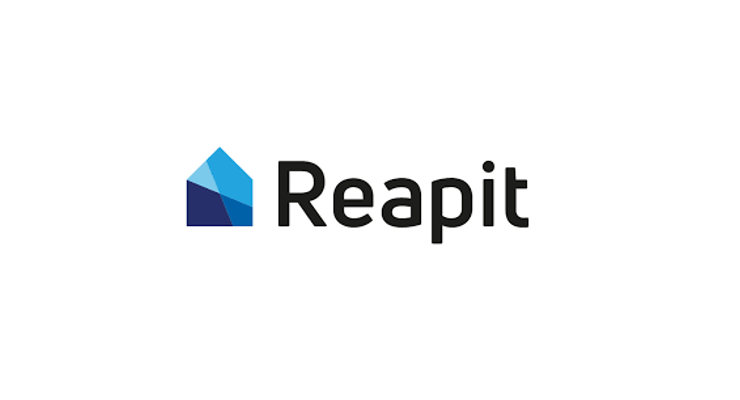A guide to non-homeowner loans
Whether you need a loan to buy a car, consolidate debt or pay for an unexpected expense, it is a commonly held myth that you won’t be able to borrow money unless you are a homeowner. This isn’t true. While a lot of lenders do require you to be a homeowner for certain types of loan, there are many choices and lenders out there that don’t.
In this guide I’ll be looking at the loan options for non-homeowners and explain the difference between secured and unsecured loans.
What is a secured loan?
A secured loan is a homeowner loan. It means the money you borrow is secured against your property and is only available to people who own their own home. The interest rates tend to be cheaper for secured loans because the lender can recover their money by repossessing the property if loan repayments are defaulted. It means if you don’t keep up with repayments you could lose your home. You can borrow a bigger amount with a secured loan – many banks and building societies will lend up to £100,000. See here for more key facts about secured loans.
What is an unsecured loan?
Unsecured loans are loans that aren’t secured against any collateral (such as your home). The lender will want to be sure you are able to repay the loan, so they will check your credit score and your income. Although you do not need to be a homeowner, you will require a fair credit score to borrow money in this way. The best deals are only open to those with high credit scores.
What loans are available to non-homeowners?
Unsecured loans are the type of loans available to non-homeowners. There are various options, but the main three are personal loans, guarantor loans and payday loans. The type of loan you are able to get will depend on a number of factors, such as your income and your credit rating.
If you have a low credit score or you are unemployed it is still possible for you to get a loan, but you should always consider your ability to repay before borrowing money.
Personal loans
A personal loan is money borrowed from a bank, building society, credit union or online lender that you pay back in monthly payments over a set period (usually two to five years, but the repayment period can be as short as 1 year). A personal loan can be secured or unsecured, but most are unsecured.
Personal loan rates are generally cheaper than those on a credit card and you can usually borrow more money, which also happens to be one of the disadvantages of this type of loan. If you want to borrow a small amount of money, a personal loan may force you into borrowing more than you actually need.
The cost of a personal loan varies considerably according to your credit score, your debt-to-income ratio and the lender, so it’s always a good idea to shop around for the best deal. Unsecured personal loans, because they have no collateral and tend to be riskier, often have higher interest rates. The maximum you are likely to be able to borrow with an unsecured personal loan is £25,000.
Moneysaving expert.com has a personal loans eligibility calculator that will tell you which loans you have the best chance of getting before you apply.
Guarantor loans
Loans with a guarantor are another form of unsecured loan where you don’t have to be a homeowner. Guarantor loans require another person to act as a guarantor (such as a parent, sibling or friend). There are plenty of guarantor loan options available to the tenant or non-homeowner when it comes to getting a loan.
Generally, guarantor loans are aimed at people who struggle to get loans from more traditional sources, such as banks and building societies. Loans tend to be for 1 to 7 years and you can usually borrow up to £15,000. Interest will depend on your credit worthiness, but is higher than traditional personal loans, usually somewhere between 29.9% and 69.9%.
Payday loans
Payday loans are an expensive way to borrow and should only be resorted to if you are certain you can repay it in full and on time. Payday loans were originally designed to tide people over until payday, but have been the cause of concern for some time now with people getting trapped into a vicious cycle of debt with extortionate interest rates.
The amount borrowed from a payday lender is usually relatively low (from £100 to £1,000), but the interest rates are extremely high (as much as 1,000% or higher). These loans are frequently offered to those on the lowest incomes who are unable to borrow from the more traditional building societies and banks.
Payday loans are easy to get and don’t require credit checks, but there is a danger of falling into a cycle of debt, and repeatedly extending the loan as there is no limit on the amount of times a person can get this type of loan.
What to consider before taking out a loan
It is important to consider how you will afford to pay for a loan before borrowing any money. The simple rule is – if you can’t afford to meet the repayments, don’t borrow the money. If you find yourself in a position of debt crisis and are borrowing to keep up with basic living costs, it is time to seek professional advice.
Seek free help if you are in a financial crisis from any of the following non-profit agencies:









